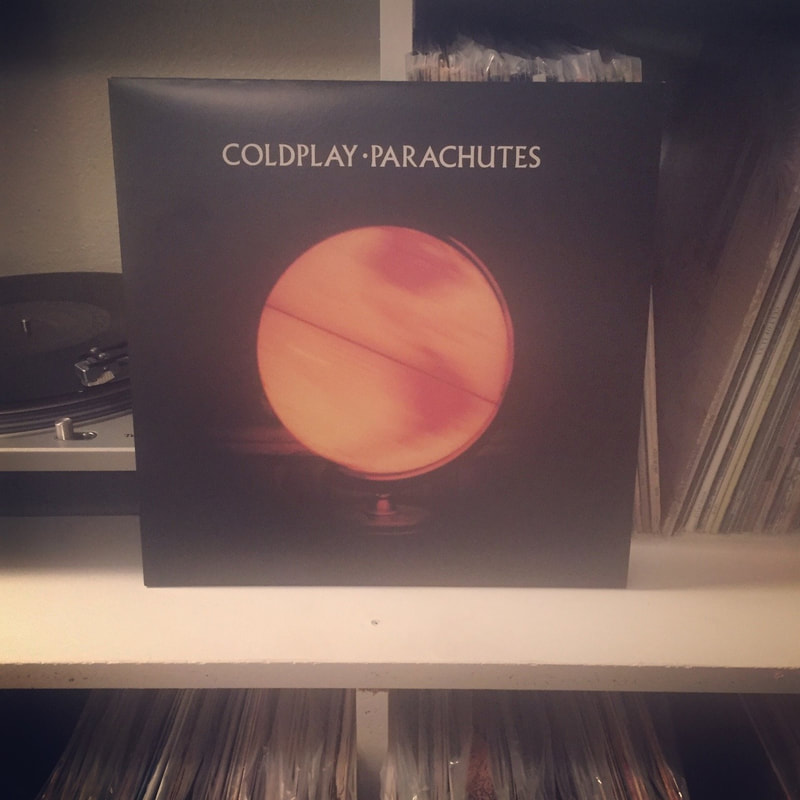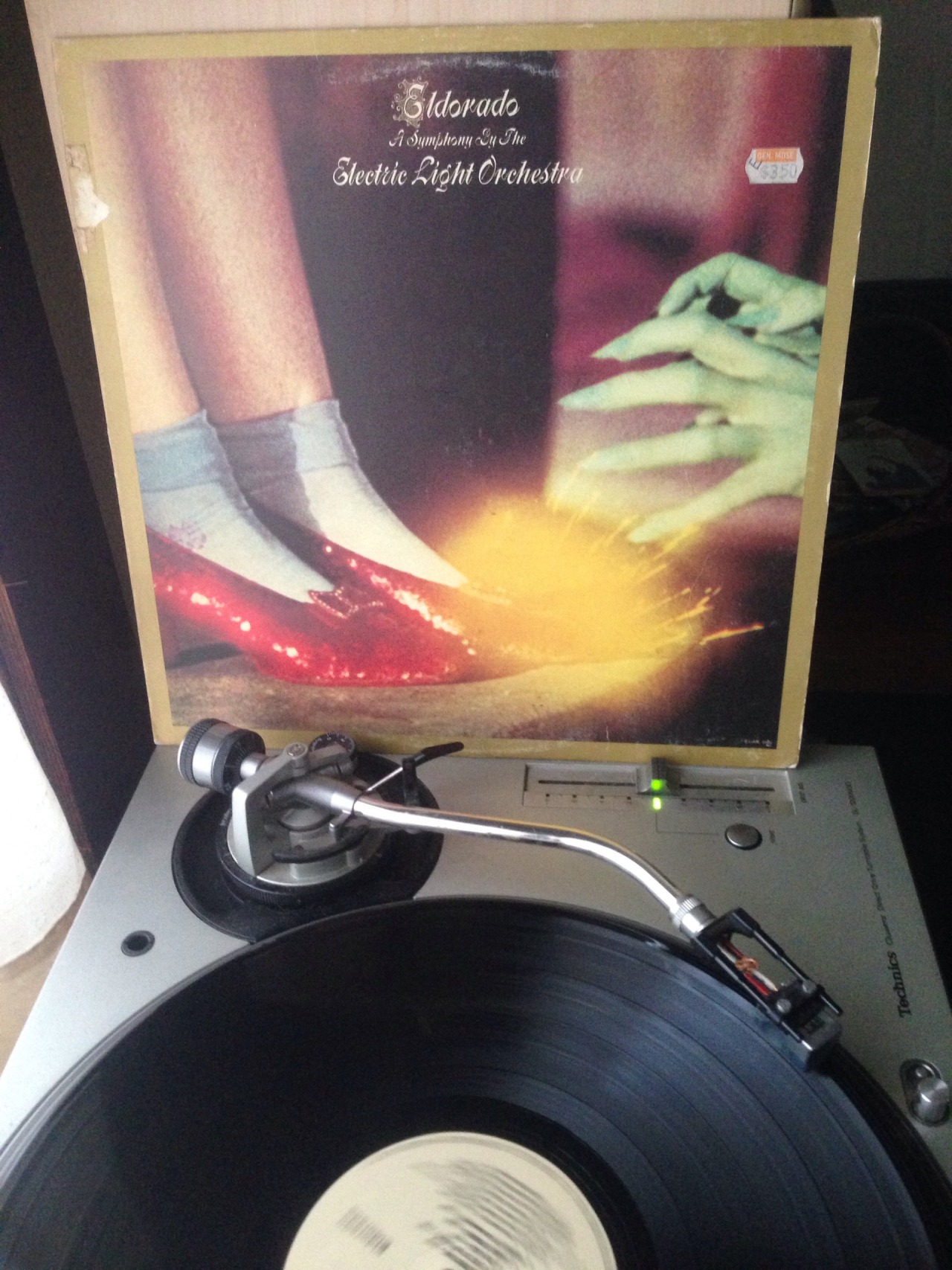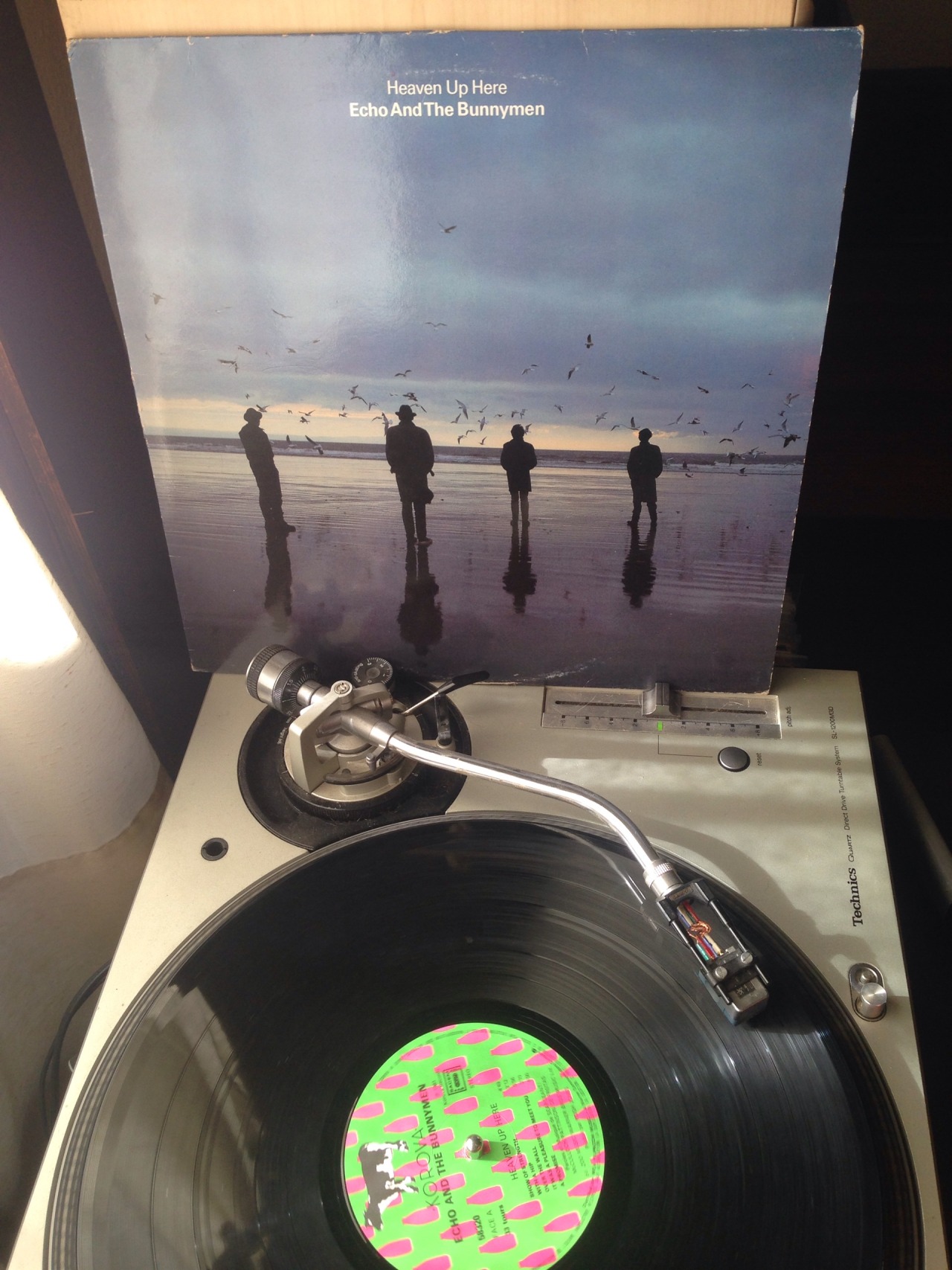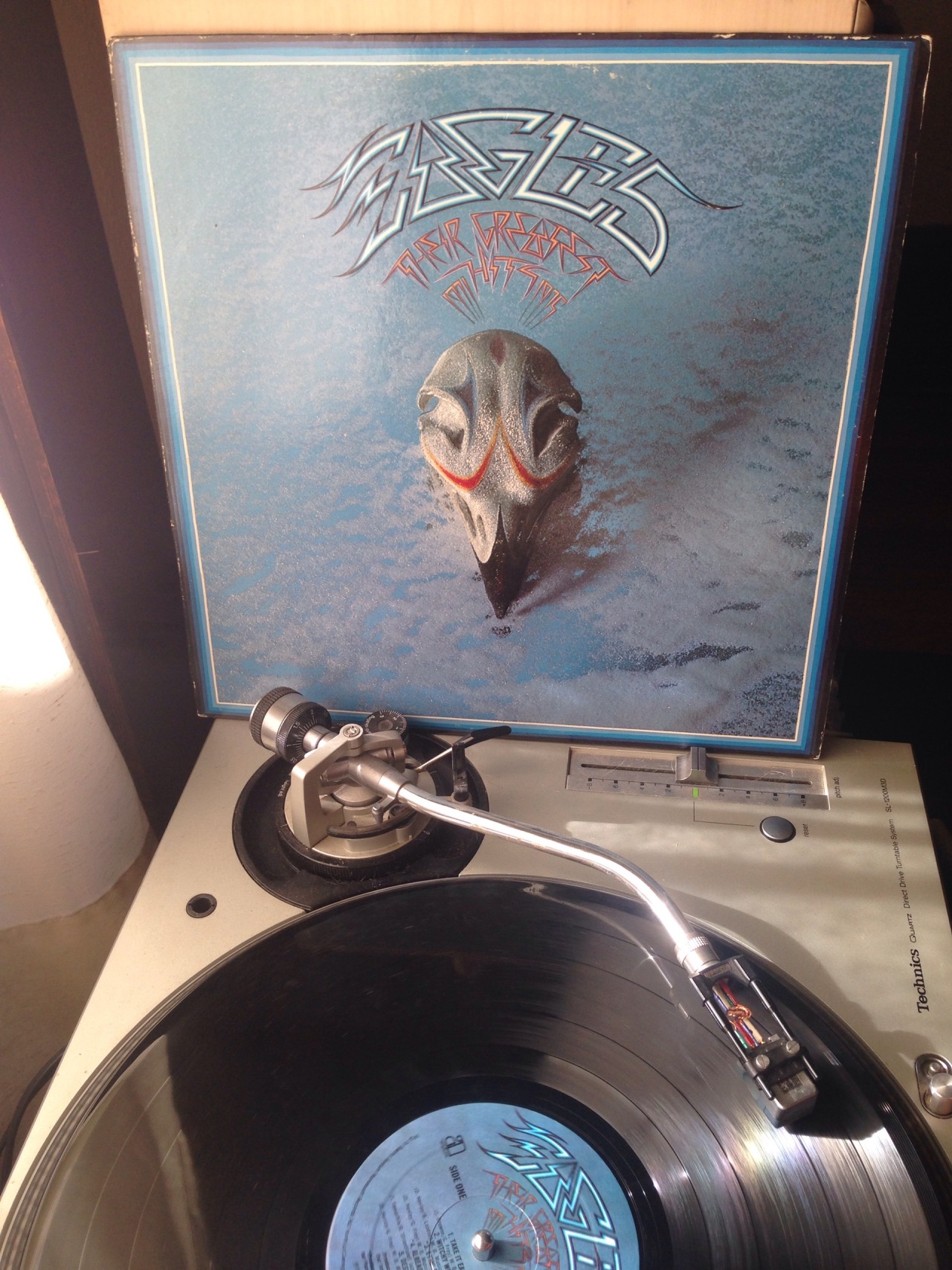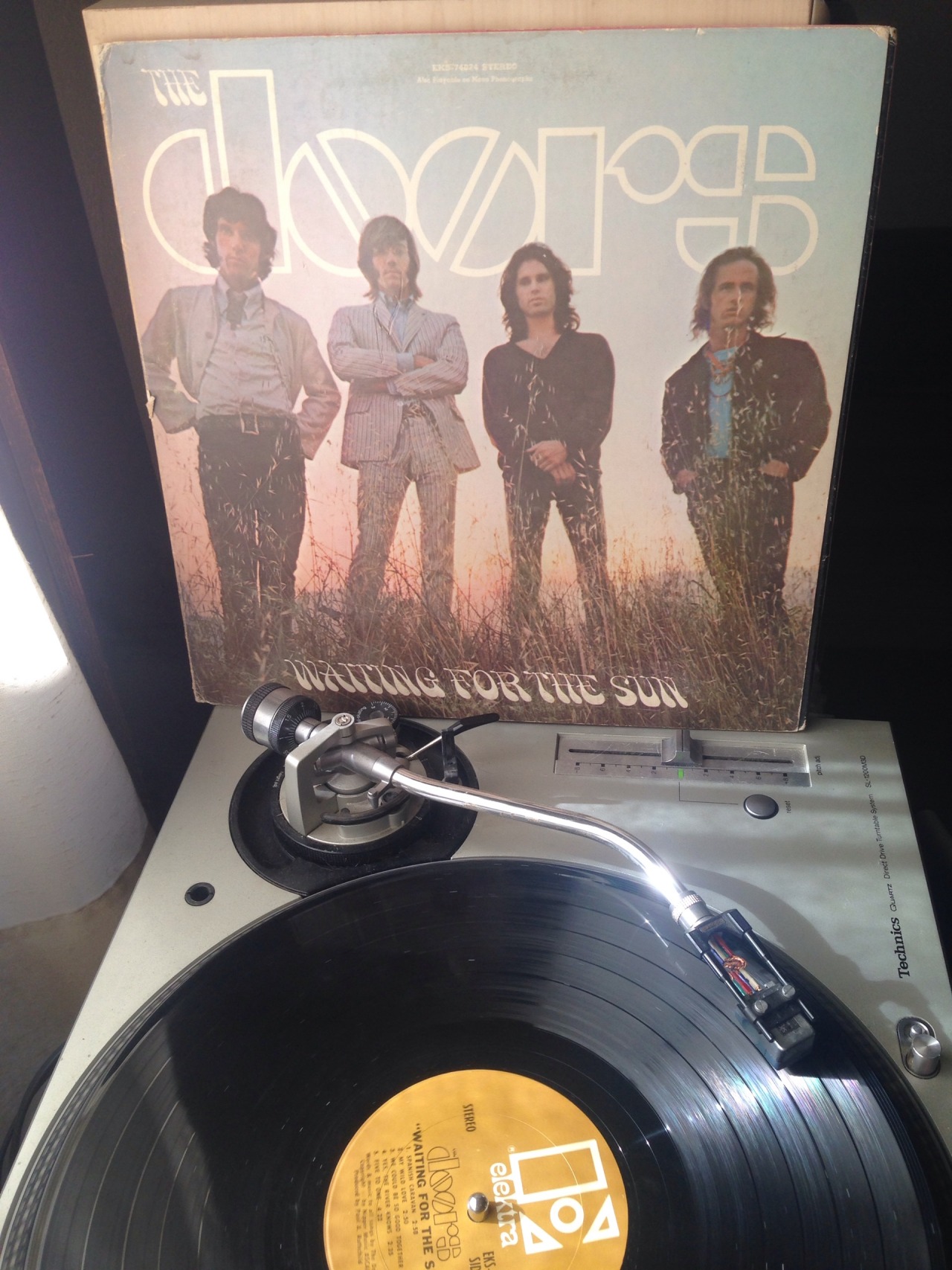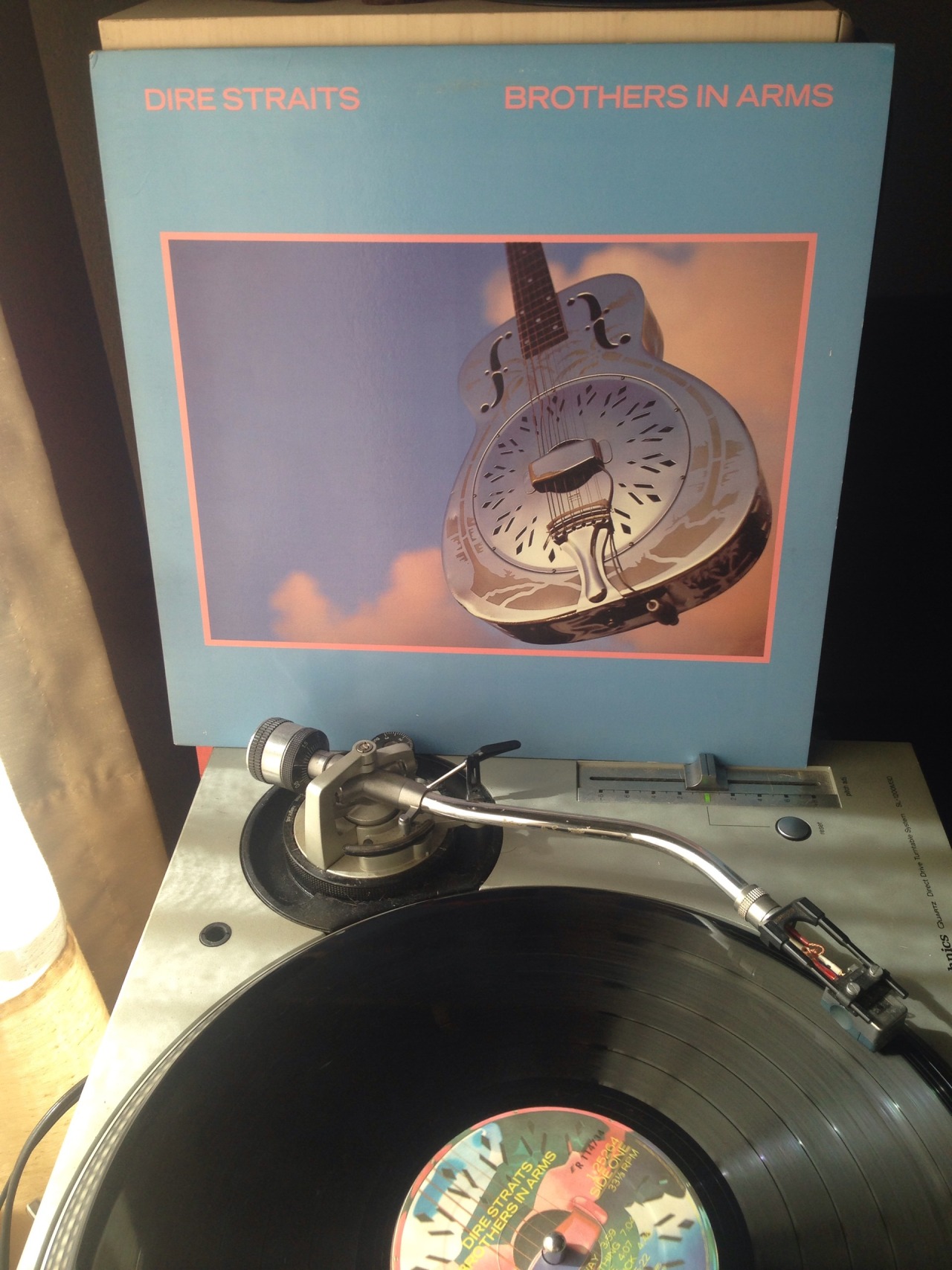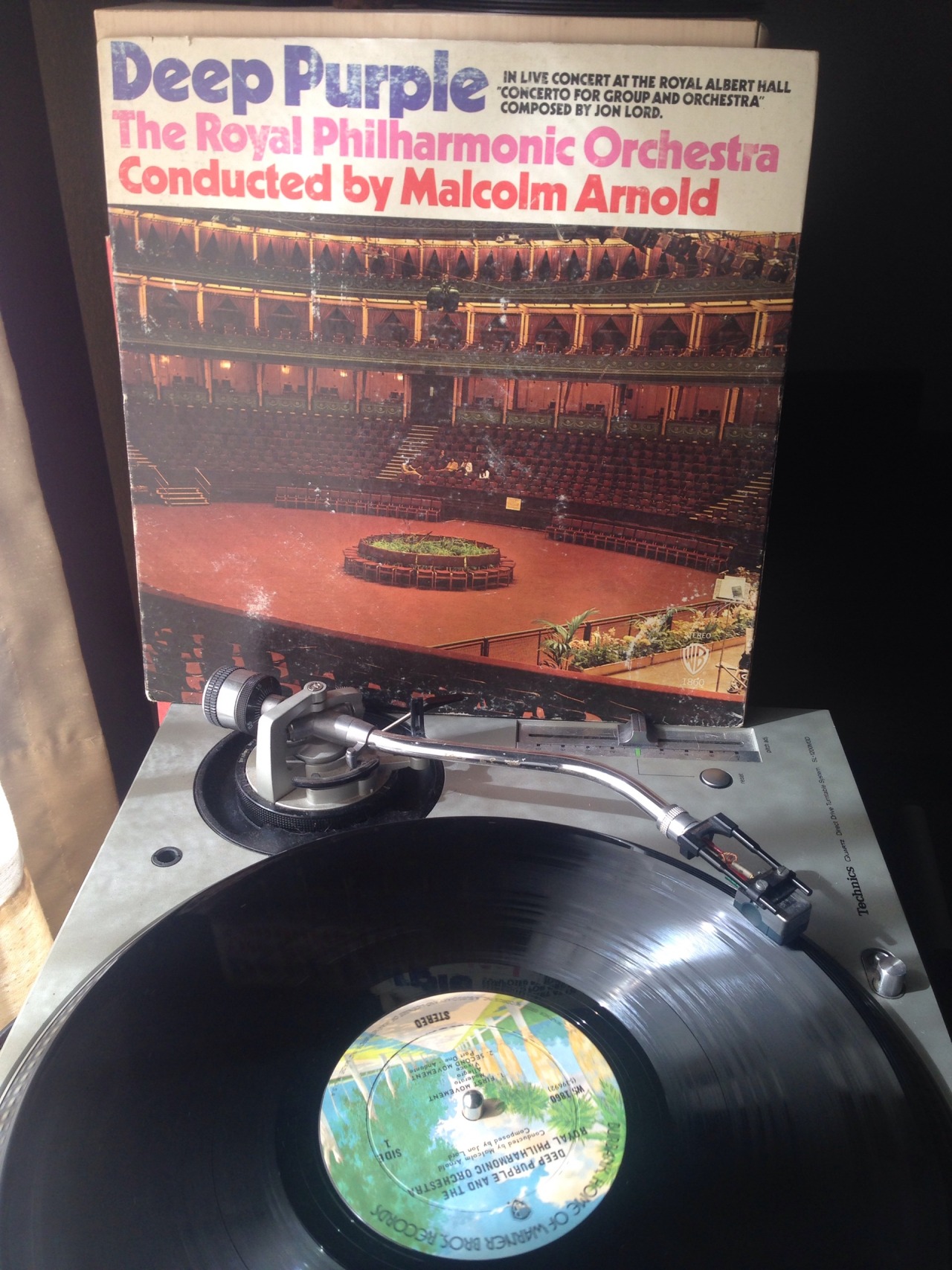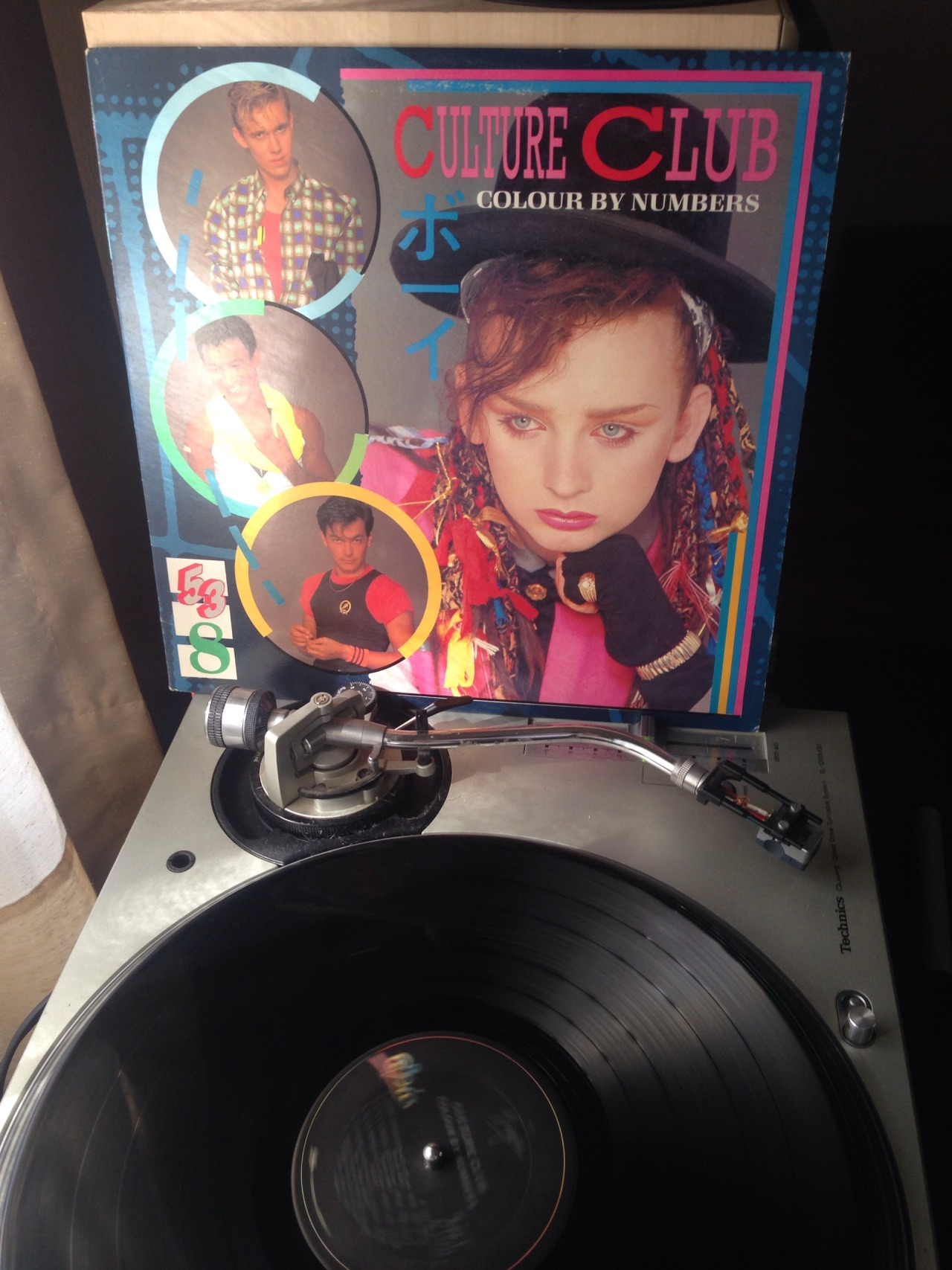But on their debut Parachutes, there’s no success to go to their heads, no past catalogue to lazily copy, no misguided attempts to reinvent themselves.
But none of that makes Parachutes a bad record. It’s actually pretty dang good. When the opening tracks first blossoms into chiming, single note lead guitar and a refrain of “we live in a beautiful world,” it’s almost thrilling.
Much of this success can be owed to the group’s ability to reappropriate tried-and-true pop/rock tropes into something fresh. Chris Martin’s lyrics may not be the best penned, but his sky-high, delicate delivery more than makes up for it. Johnny Buckland might never rip through an incredible solo, but his minimalistic lead guitar style is flawless (see: the slide guitar in “Trouble”).
And unlike most Coldplay records, there isn’t an out of place track on here. Rather, we have a gentle, beautiful record that serves as an excellent introduction to one of the most lauded bands of their time.
